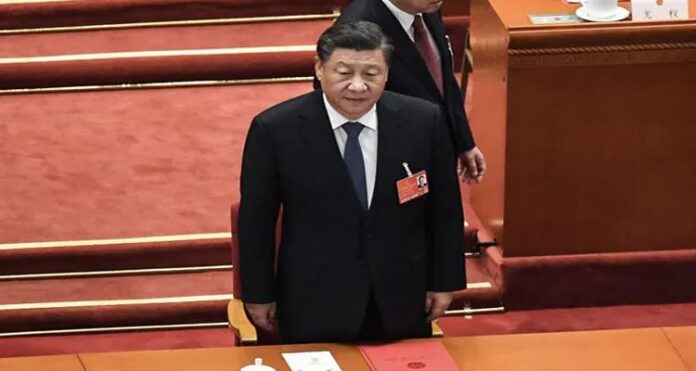| Translate This News In |
|---|
Chinese President Xi Jinping has pledged to reduce the financial consequences of his Covid-fighting measures, signaling a shift in a long-standing strategy that has reduced fatalities but placed a significant burden on the world’s second-largest economy. While insisting its promise to the Covid-Zero policy, China will “strive to achieve the maximum prevention and treatment effect at the lowest cost and minimize the impact of the epidemic on economic and social development,” Xi said late Thursday during a meeting of the Communist Party’s top decision-making body, the Politburo Standing Committee.
According to a Bloomberg search of the government’s website, this is the first time Xi has emphasized minimizing the economic cost of Covid prevention at a politburo meeting since the pandemic began in 2020. China is dealing with its worst Covid-19 outbreak since the original in Wuhan, with tens of millions of people, including residents of the southern tech hub of Shenzhen, under quarantine.
China has stated that virus control should be coordinated with economic development as part of a pledge to stabilize financial markets and stimulate the economy. The remarks, made at a recent meeting of China’s top financial policy committee, reaffirmed what officials have been saying for the past month: Covid policy needed to be tweaked to minimize business disruption.
According to people familiar with China’s thinking, China is unlikely to ease up on Covid Zero until 2023, due largely to the need for stability in a strategically influential year for Xi.
According to Bruce Pang, head of microeconomic and strategy research at China Renaissance Securities Hong Kong Ltd, the signals from Xi’s meeting indicate that China will “first eliminate infections, and then adjust its virus control strategies.” Phrases in the statement implying that China should not relent in its fight against the virus imply that “any adjustment will come with the precondition of eliminating infections,” he said.


















